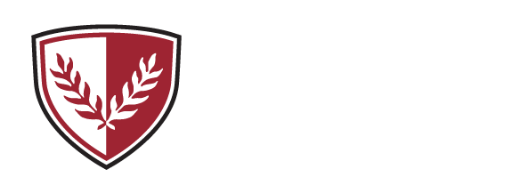Technical Standards for the Athletic Training Program (PDF)
The athletic training program at SUNY Cortland is rigorous and intense. An objective of this program is to prepare graduates to enter a variety of employment settings and to render care to a broad spectrum of individuals. The abilities that an athletic trainer needs to practice safely are those described below, in the Commission on Accreditation of Athletic Training (CAATE) standards and in the Board of Certification for the Athletic Trainer role delineation study/practice analysis. The purpose of the technical standards is to articulate the demands of the program to students applying.
Applicants admitted to the M.S. in athletic training program must demonstrate abilities and skills in the following areas:
Intellectual and Communication Skills
1. The cognitive capacity to assimilate, analyze, synthesize, integrate concepts and problem solve to formulate assessment and therapeutic judgments.
2. The ability to communicate effectively and sensitively with patients and colleagues, including individuals from different cultural and social backgrounds. This includes, but is not limited to, the ability to establish rapport with patients and communicate judgments and treatment information effectively.
3. The ability to record the physical examination results and a treatment plan clearly and accurately.
Motor Function Skills
1. Sufficient postural and neuromuscular control, sensory function, and coordination to:
a. Perform appropriate physical examinations using accepted techniques.
b. Accurately, safely, and efficiently use equipment and materials during the assessment and treatment of patients.
c. Withstand extended periods of sitting and/or standing.
d. Lift essential equipment and assist with patient transfer.
Behavioral and Emotional Skills
1. The capacity to maintain composure and continue to function well during periods of high stress.
2. The perseverance, diligence, and commitment to complete the athletic training education program as outlined and sequenced.
3. The flexibility and the ability to adjust to changing situations and uncertainty in clinical situations.
4. Affective skills and appropriate demeanor and rapport that relate to professional education and quality patient care.
Accommodations
Disability Statement
As part of SUNY Cortland’s commitment to a diverse, equitable and inclusive environment, we strive to provide students with equal access to all courses. If you believe you will require accommodations in any course, please place a request with the Disability Resources Office at [email protected] or call 607-753-2967.
Please note that accommodations are generally not provided retroactively so timely contact with the Disability Resources Office is important. All students should consider meeting with their course instructor who may be helpful in other ways.
Approved June 2020 by the SUNY Cortland Disability Resources Office


